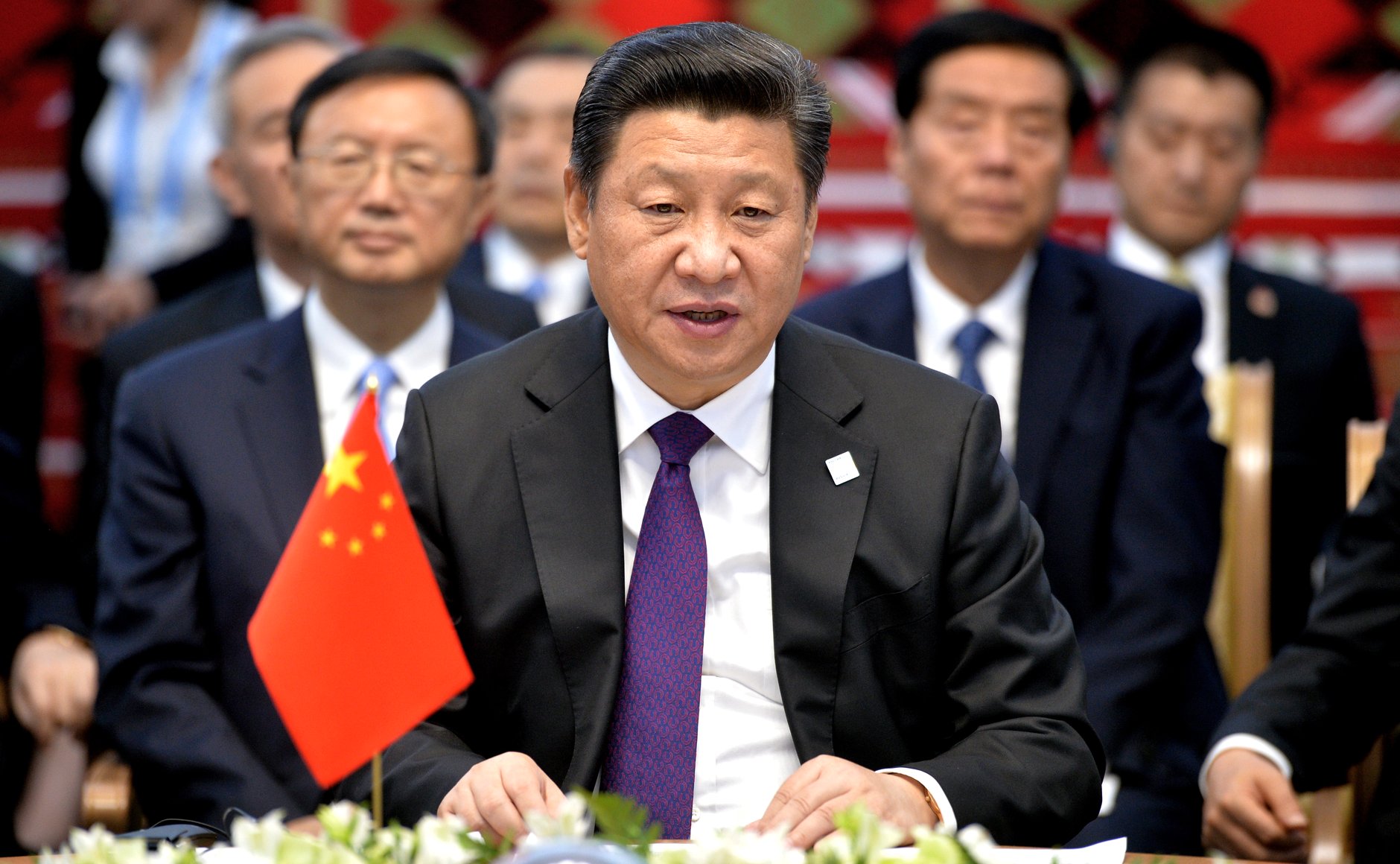Does China really want to reopen to foreign investments?

Xi Jinping has announced the lifting of the latest restrictions on foreign investment in China's manufacturing sector. But it is a symbolic move, which may not give the desired results
China is removing some restrictions on foreign investment in its manufacturing sector. A move which, considering the international political tensions and the restructuring processes of the supply chains, seems aimed at convincing foreign companies to expand – rather than reduce – their production base in the country, in order to stimulate economic recovery from a difficult moment .
WHAT SHE SAID XI
Chinese President Xi Jinping, in his speech during the event for the tenth anniversary of the Belt and Road Initiative (the great infrastructural-geopolitical plan, also known as the New Silk Road), on 18 October, announced that the restrictions on manufacturing activities of foreign companies active in China will be removed.
A researcher linked to China's Ministry of Commerce told local financial newspaper Jiemian that "the complete lifting of restrictions on foreign investment in the manufacturing sector has sent a signal to the outside world that China's door to the outside world will open wider and wider." .
A SYMBOLIC MOVE
As Quartz pointed out, however, Beijing's decision is mainly symbolic, given that most of the limitations on the manufacturing sector had already been lifted. In the latest negative list – this is the name of the lists of sectors in which foreign companies cannot invest freely, or at all -, published in 2021, there were only two restrictions related to manufacturing: publishing (mandatory minority association with a Chinese company) and medicines (ban). Xi's announcement removed these last two constraints.
PREVIOUS
China has been opening its manufacturing sector to foreign investment for years. In 2018, for example, the authorities removed all limits on foreign ownership of companies producing electric and hybrid vehicles; in 2022 these freedoms were applied to all companies that make passenger vehicles.
WILL CHINA'S MOVE BE SUCCESSFUL?
As Quartz notes, it remains to be seen whether Xi's announcement will be enough to convince foreign companies to invest in China, given the ongoing re-shoring process. This term refers to the reorientation of value chains, which for years were centered in China but now – due to tensions with the West, and in particular with the United States – are partially moving to other countries, considered more politically reliable. Vietnam , in particular, is considered a good alternative, given its skilled workforce and lower labor costs compared to Europe or America.
CHINA OPENS, AMERICA CLOSES
If, despite everything, a message of openness has arrived from China, the United States insists on closures. A few days ago, in fact, the American government imposed restrictions on exports to China even on Nvidia's less sophisticated microchips ; microchips which, moreover, the company had developed specifically for the Chinese market, "weakening" some of its advanced products already subject to commercial limitations. Microchips are not only important for industrial-technological progress, but also for the development of military capabilities.
This is a machine translation from Italian language of a post published on Start Magazine at the URL https://www.startmag.it/economia/cina-eliminazione-restrizioni-investimenti-esteri-manifattura/ on Thu, 19 Oct 2023 08:30:44 +0000.
